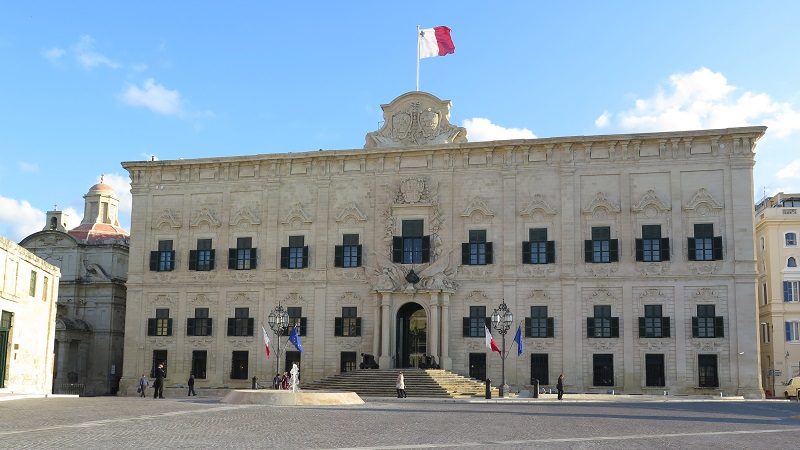The Tax Justice Network has placed Malta in 20th place in its global ranking on financial secrecy published on Tuesday, showing Malta sliding seven places since 2015.
Malta’s secrecy indicator also increased by 10%, according to the 2018 Financial Secrecy Index which ranks every jurisdiction according to its actual contribution to harmful financial secrecy globally.
A politically neutral ranking, it is a tool for understanding global financial secrecy, tax havens or secrecy jurisdictions, and illicit financial flows or capital flight. The position in the Financial Secrecy Index ranking depends on the amount of illicit financial flows a jurisdiction enables in practice.
The Financial Secrecy Index’s ranking shows where action is needed the most. “The top ranked jurisdictions should urgently become more transparent, not necessarily because they are the most secretive ones, but because they are the worst offenders in terms of their actual supply of secrecy services,” the organisation said.
The Financial Secrecy Index ranks jurisdictions by combining their Secrecy Score and their Global Scale Weight.
 Malta’s secrecy score was ranked at 61%. The country accounts for more than 0.1 per cent of the global market for offshore financial services, making it a small player compared with other secrecy jurisdictions.
Malta’s secrecy score was ranked at 61%. The country accounts for more than 0.1 per cent of the global market for offshore financial services, making it a small player compared with other secrecy jurisdictions.
The Tax Justice Network argues that to have real global impact in the fight against tax evasion, money laundering and corruption, it makes more sense to focus on the top jurisdictions of the Financial Secrecy Index, than on the world’s most secretive countries.
The Financial Secrecy Index ranks worst offenders according to how much they are actually used. The top 10 ranked are: Switzerland, USA, Cayman Islands, Hong Kong, Singapore, Luxembourg, Germany, Taiwan, UAE, Guernsey, in that order.
An estimated $21 to $32 trillion of private financial wealth is located, untaxed or lightly taxed, in secrecy jurisdictions around the world, according to the Tax Justice Network. Secrecy jurisdictions – a term often used as an alternative to the more widely used term tax havens – use secrecy to attract illicit and illegitimate or abusive financial flows.
Illicit cross-border financial flows have been estimated at $1-1.6 trillion per year, dwarfing the US$135 billion or so in global foreign aid. Since the 1970s African countries alone have lost over $1 trillion in capital flight, while combined external debts are less than $200 billion. So Africa is a major net creditor to the world – but its assets are in the hands of a wealthy élite, protected by offshore secrecy; while the debts are shouldered by broad African populations, according to the report.
“Rich countries suffer too. European countries like Greece, Italy and Portugal have been brought to their knees partly by decades of tax evasion and state looting via offshore secrecy,” the organisation said.
The problems go far beyond tax. In providing secrecy, the offshore world corrupts and distorts markets and investments, shaping them in ways that have nothing to do with efficiency.
“The secrecy world creates a criminogenic hothouse for multiple evils including fraud, tax cheating, escape from financial regulations, embezzlement, insider dealing, bribery, money laundering, and plenty more. It provides multiple ways for insiders to extract wealth at the expense of societies, creating political impunity,” the organisation said.













